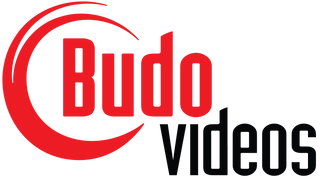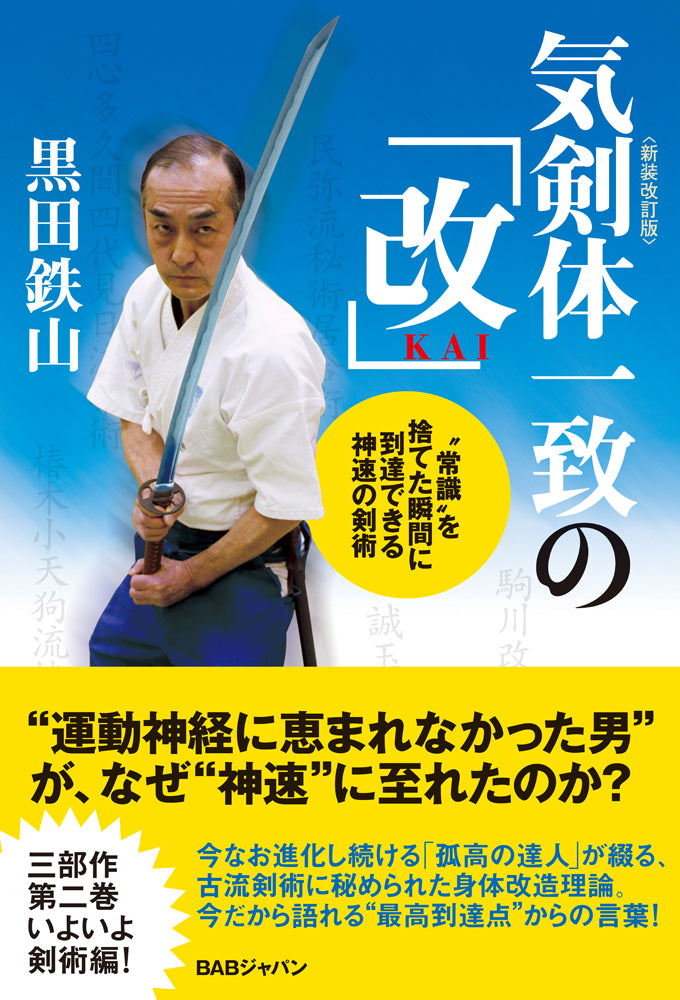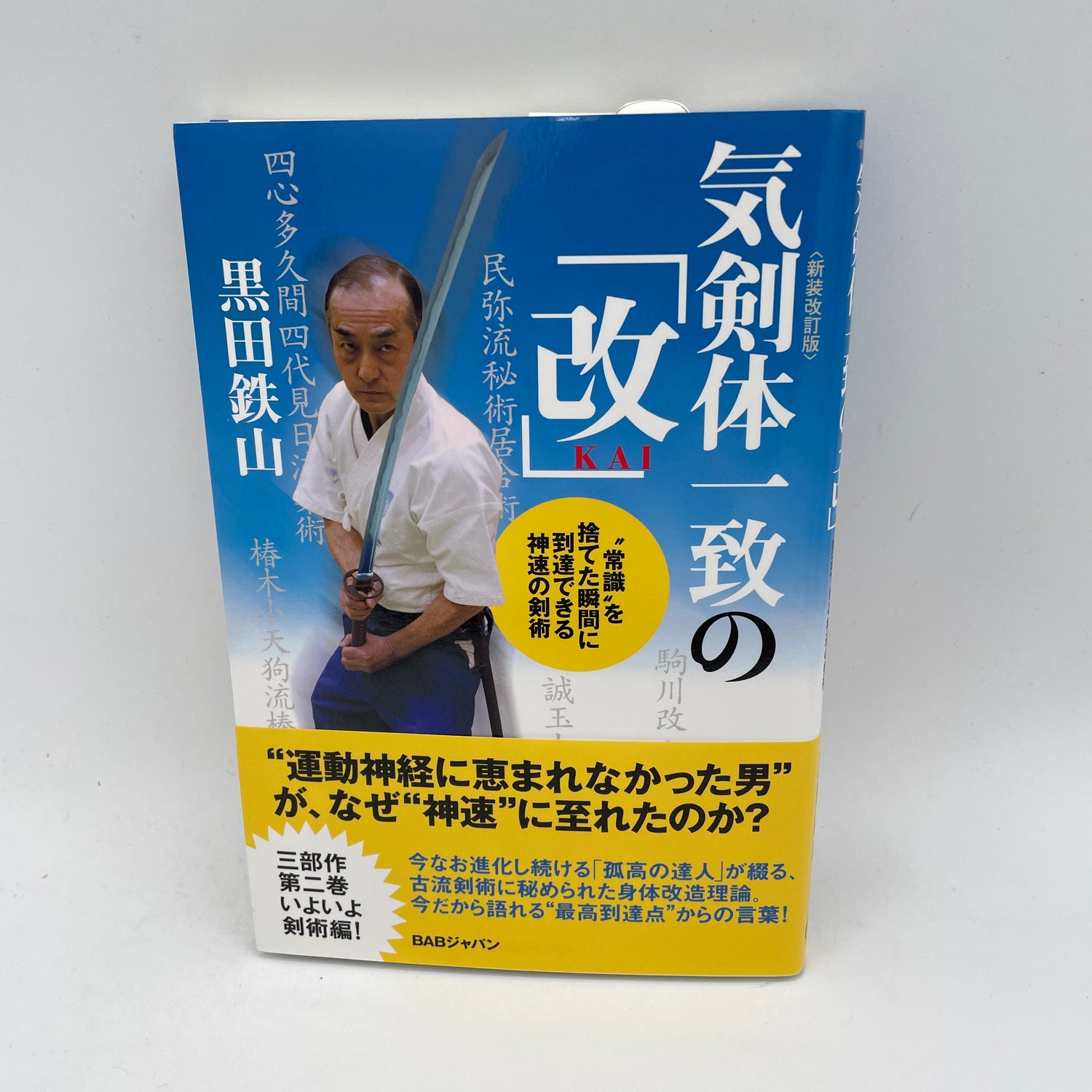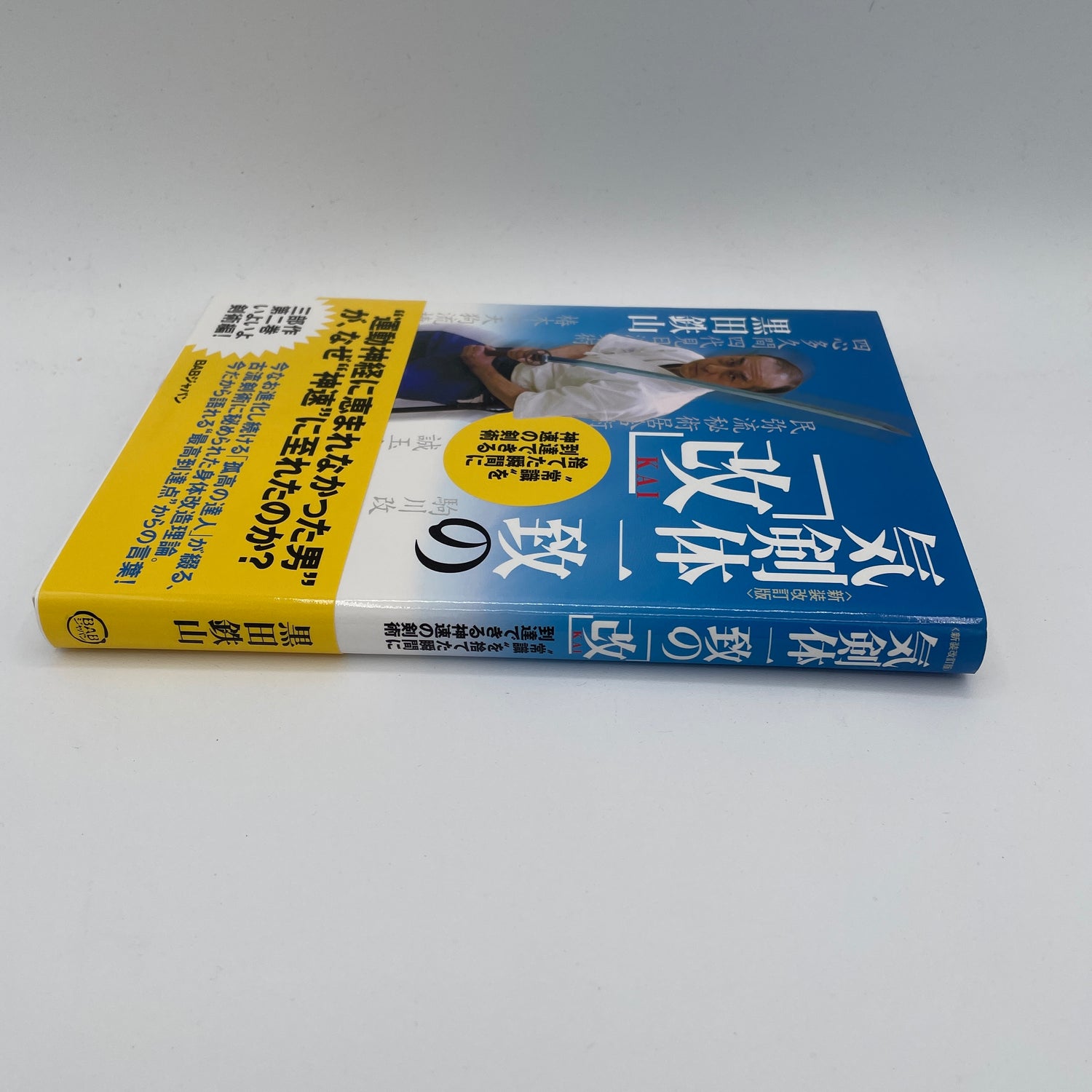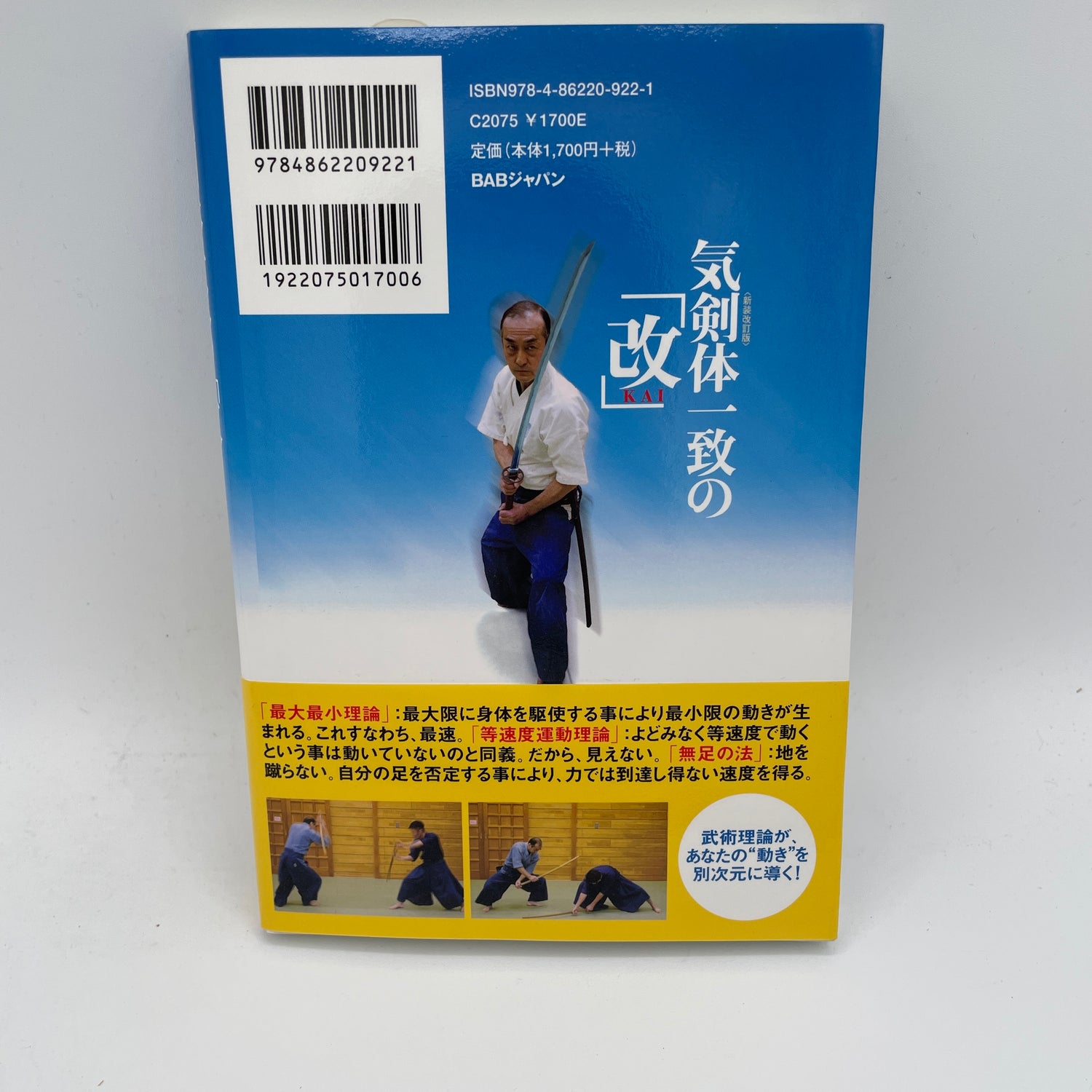Ki Ken Tai Book 2: Kai by Tetsuzan Kuroda (2nd Edition)
This is the 2nd edtion of the 2nd book in Tetsuzan Kuroda's "Ki Ken Tai" series of instructional books.
Lightning-fast swordsmanship defying conventional wisdom!
How did an athlete without natural gifts achieve such astounding speed?
Explore the "Maximum-Minimum Theory": Utilizing the body's full potential to achieve minimal movement, thereby maximizing speed. Discover the "Constant-Speed Motion Theory": Moving smoothly and steadily, akin to not moving at all, rendering movements imperceptible. Unveil the "Law of No Feet": By eschewing reliance on the ground, attain speeds unattainable through sheer force.
Delve into the body refinement principles rooted in ancient swordsmanship, authored by the ever-evolving "lonely master."
Witness revelations from the pinnacle of achievement, now articulated!
Volume Two of the trilogy: The Ultimate Swordsmanship! Martial arts theory transcending conventional limits, enhancing your every move!
CONTENTS
Chapter 1: My swordsmanship
▼Founder of the school▼Komakawa Kaishin-ryu swordsmanship▼Swing practice - maximum minimum theory
▼Swing practice ceremony▼My swordsmanship
Chapter 2: The method of no feet in swordsmanship
▼Half body▼The difficulty of half body▼Entry
▼Half body, sinking body and floating body▼Body handling▼Twisting the body
▼Three years of swing practice▼Seminar▼Sweet training▼Slow and fast
▼Tachijutsu ceremony
Chapter 3: Dribbling
▼Slashing cat▼Dribbing - the pinnacle Intention (1)
▼Daring and swaying - its secret nature (2)
▼Daring and swaying - its secret nature (3)
▼Daring and swaying - its secret nature (4)
▼Mind and body
▼First
▼Uke's demonic sword
▼Drawing
Chapter 4: Eyes
▼The eight-phase stance
▼Judo elements seen in swordsmanship
▼Visible dimensions, invisible dimensions
▼Eyes
▼Shogi
Chapter 5: Foot cutting
▼Foot cutting
▼Selflessness and selflessness - an obedient and good child
▼Floating body in swordsmanship
▼Universalization of the body as a technique
▼Between the points
Techniques and Ways
Chapter 6: Real Hands
▼Upper Waist ▼Parry ▼Hook ▼Seigun's Real Hands
Chapter 7: Real Hands Techniques
▼Holding ▼Stance ▼Fudoken Stance
▼Sakigaeshi Stance ▼Kageken Stance
▼Muneto Stance ▼Techniques
Chapter 8: Real Hands Kata
▼Before Kata Practice ▼Real Hands Ceremony ▼Hiji Otoshi
▼Hiji Tsume ▼Tsubame Gaeshi
Chapter 9: Kodachi
▼Kodachi Technique Ceremony ▼First Kodachi ▼Don't Jump
▼Changes from Kageken ▼Sunamaki (Hijiguruma)
Chapter 10 Naginata
▼My grandfather's naginata
▼The family's naginata - its handling
▼Drills
▼Naginata ceremonies
▼Kage no naginata
▼Naginatas can be fast too
▼Higai, and Kachiiro
Chapter 11 Ryotō Iaizume
▼About two swords
▼Characteristics
▼When I had two swords
▼My grandfather's two swords
▼Higai harai
▼Mikata
▼Tachiiro
Chapter 12 Oku-mitsutachi
▼Knowing the technique
▼Knowing the form
▼Higai
▼Sun and moon
▼In summary
Kuroda Tetsuzan
Head of the Kuroda Dojo at Shinbukan. Born in Saitama Prefecture in 1950. Learned the family's martial arts from his grandfather, Taiji Tesshinsai. He is the head of five schools: Tamiya-ryu Iaijutsu, Komagawa Kaishin-ryu Kenjutsu, Shishin Takuma-ryu Jujutsu, Tsubakigi Kotengu-ryu Bojutsu, and Seigyoku Oguri-ryu Satsukastujutsu. He continues to pursue the original movements of martial arts with his students at the Shinbukan Kuroda Dojo.
Language: Japanese
# of pages: 228
MB-TET5
Impossible de charger la disponibilité du service de retrait

